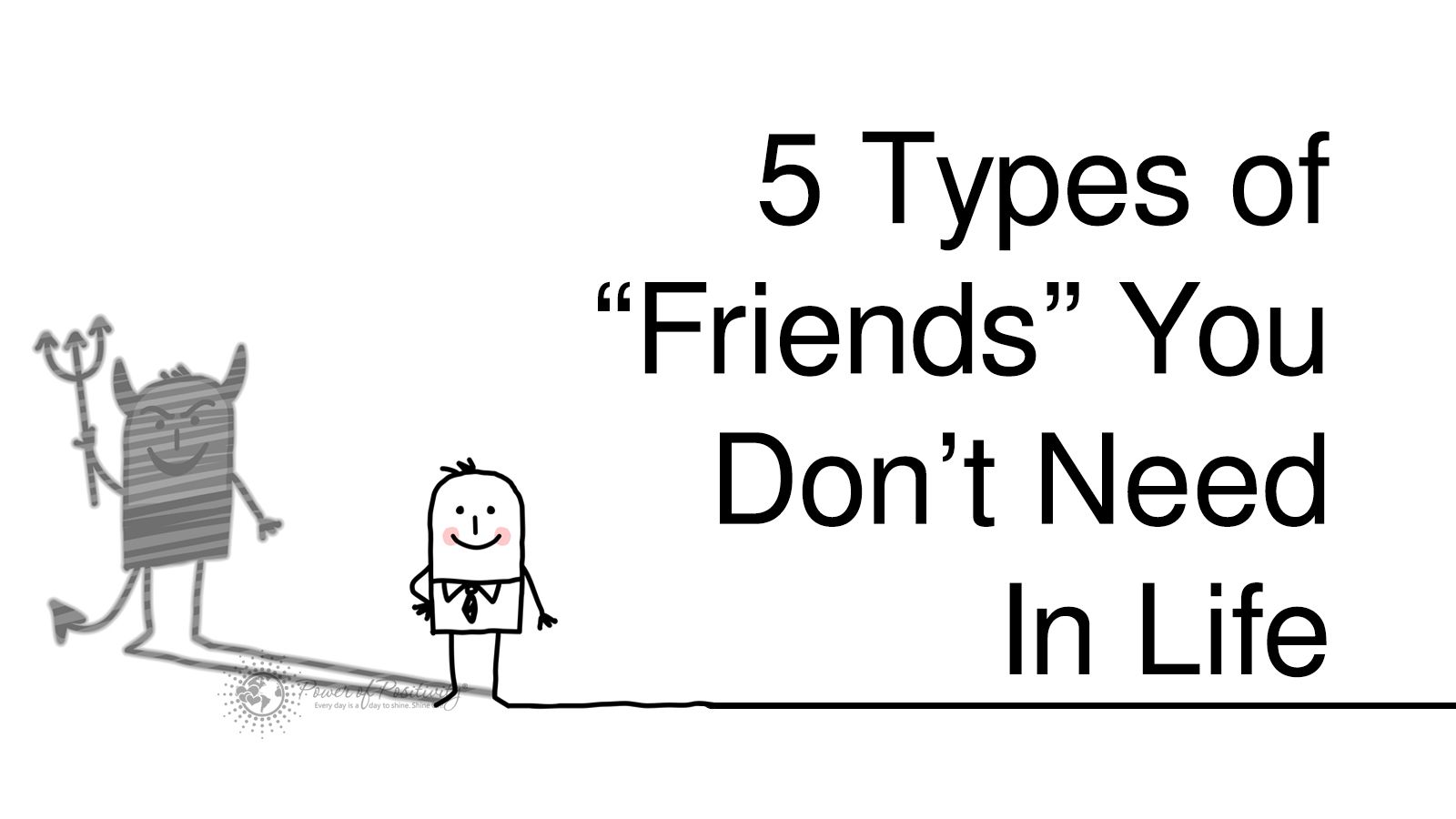In the grand tapestry of life, friendships are among the most vibrant threads, adding joy, support, and color to our days. Yet, not all friendships are created equal. Some relationships, instead of lifting us up, can weigh us down, making our journey through life more burdensome than it needs to be. Identifying and understanding the types of “friends” who contribute more to our stress than our happiness is crucial for maintaining our well-being and personal growth. Let’s dive deep into the five types of “friends” you don’t need in your life, exploring why their presence may be more harmful than helpful.
1. The Constant Critic
The Constant Critic is a type of friend who seems to have a knack for pointing out your flaws, often under the guise of trying to help you improve. While constructive criticism from a friend can be invaluable, the Constant Critic’s feedback often lacks compassion and understanding. Their critiques are not designed to uplift but rather to belittle, leaving you feeling undervalued and doubted. This relentless negativity can erode your self-confidence and hinder your personal growth.
Why They’re Detrimental: Constantly being under the microscope can make you second-guess your decisions, abilities, and even your self-worth. It’s essential to distinguish between friends who offer constructive, compassionate feedback and those who are perpetually critical without the intention of truly helping you grow.
2. The Fair-Weather Friend
Fair-Weather Friends are those who are only around during the good times. They bask in the warmth of your successes and happiness but are nowhere to be found when storms hit and you find yourself in need of support. These friends value the benefits of your friendship without offering the stability and reliability that true friendship requires.
Why They’re Detrimental: Life inevitably includes ups and downs. During those down periods, we lean on our friends for support, understanding, and companionship. The absence of the Fair-Weather Friend in challenging times can amplify feelings of loneliness and abandonment, highlighting their lack of commitment and genuine care.
3. The One-Way Street
Friendships should be reciprocal, with both parties contributing to the relationship’s health and vitality. However, the One-Way Street friend sees the relationship as predominantly serving their needs. Whether it’s always talking about themselves, relying on you for favors without returning them, or expecting you to be there for them without offering the same in return, this type of friend takes more than they give.
Why They’re Detrimental: This imbalance can lead to feelings of being used and undervalued. Over time, the emotional drain of supporting a One-Way Street friend without receiving adequate support in return can lead to burnout and resentment, detracting from your own needs and well-being.
4. The Drama Magnet
Drama Magnets are individuals who seem to live in a constant state of crisis, and somehow, you’re always roped into their latest saga. While it’s natural to face challenges, the Drama Magnet has a knack for creating issues out of minor inconveniences, often dragging their friends into the fray. Their life is a series of dramatic events, and they rely on you to play a supporting role in their never-ending soap opera.
Why They’re Detrimental: Constantly being dragged into unnecessary drama can be exhausting and distracting. It can take a toll on your mental and emotional well-being, leaving you less energy and focus for your own life and the relationships that genuinely nurture you.
5. The Envious Competitor
Healthy competition among friends can be motivating, pushing you to achieve your best. However, the Envious Competitor doesn’t see your successes as something to celebrate but as a threat to their ego. They may downplay your achievements, one-up you at every turn, or even sabotage your efforts subtly. This type of friend views your relationship as a competition, where your loss is their gain.
Why They’re Detrimental: Friendships should be a source of mutual inspiration and celebration, not a battleground for superiority. The presence of envy and competition can poison the relationship, preventing you from feeling truly happy and secure within it. Instead of feeling supported, you’re left feeling wary of sharing your successes and achievements.
Conclusion: Cultivating a Healthy Social Garden
Identifying and distancing yourself from these types of “friends” can be challenging, especially if the relationships have a long history. However, doing so is crucial for your personal growth, happiness, and well-being. Like tending to a garden, cultivating healthy friendships requires us to weed out those relationships that drain our resources and detract from our growth.
In their place, we can sow seeds of new friendships and nurture existing ones that are based on mutual respect, support, and genuine affection. These are the relationships that will thrive, providing a source of strength, joy, and companionship throughout the seasons of our lives. Remember, the quality of our friendships often reflects the quality of our lives.
